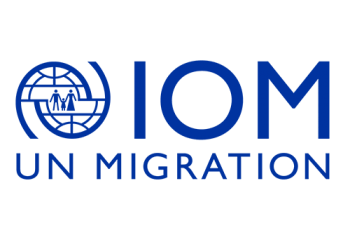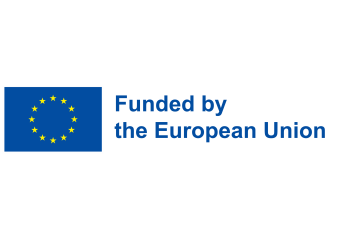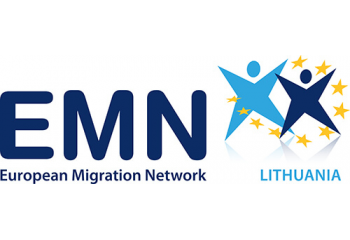News
Detention and alternatives to detention in international protection and return procedures: what is the current situation in the EU?
The latest study from the European Migration Network (EMN) provides a comparative overview of the similarities, differences, challenges, and best practices in the use of detention and alternatives to detention, in the framework of both international protection and return procedures.
EU legislation regulates the detention of migrants within the context of international protection and return procedures. This study follows the 2014 publication “The use of detention and alternatives to detention in the context of immigration policies” and aims to provide a comparative overview of detention procedures and available alternatives to detention in 25 Member States.
The study outlines new developments between 2015 and 2020 in the context of international protection and return procedures. It highlights the introduction of legislative changes in the majority of Member States, primarily related to the need to implement EU legislation, and to further define the scope, content and criteria for the application of detention. Member States have introduced and have, or intend to, prioritised alternatives to detention as part of their national laws on immigration and/or asylum.
The study outlines common challenges faced by Member States with regards to the implementation and use of alternatives to detention. Examples include high administrative burden on staff and limited financial means of the third-country nationals concerned. In all Member States it is possible to detain or impose alternatives to detention on vulnerable groups. Some Member States introduced legislative changes to lower the minimum age for the application to alternatives to detention, whereas other Member States introduced new rules to prevent minors and families with minors from being detained in detention centres.
When deciding whether to apply detention or an alternative to detention, several criteria are being considered, such as the level of risk of absconding, vulnerability, and the suitability of available alternatives. The data collected in the study suggest that detention has a bigger impact on reducing absconding rates and implementing forced return, while alternatives to detention are more often associated with shorter status determination processes and higher appeal rates.
Links:EU study (EN)
Summary of EU study (EN)
Informational message (EN)



